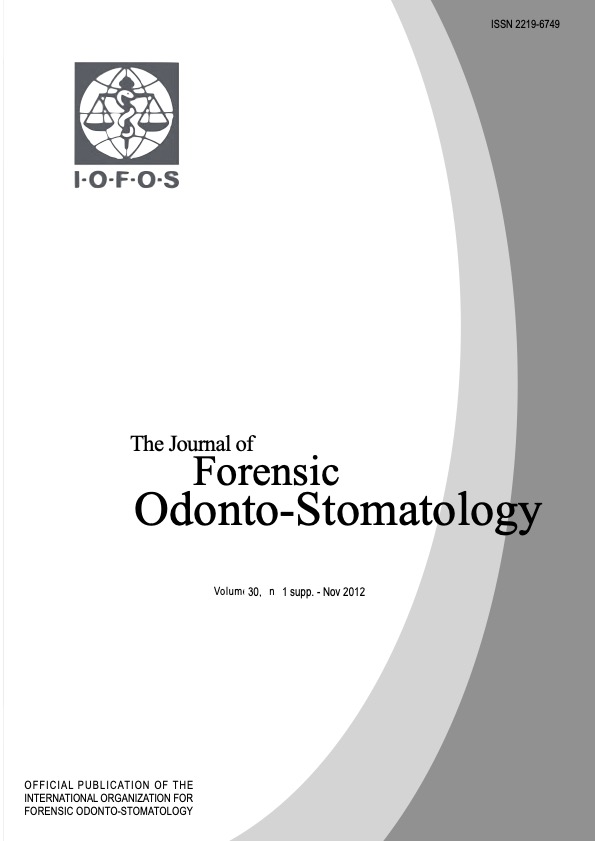Role of Dentists in Indonesian Disaster Victim Identification Operations: Religious & Cultural Aspects
Keywords:
dentists, DVI, religion, culturalAbstract
Indonesia is the largest archipelago in the world, consisting of five main islands and 17,500 smaller islands, spread across three seismic belts that run throughout the country. Indonesia is extremely prone to disasters, both natural and manmade. With a total population of nearly 250 million people, Indonesia’s Muslim community exceeds 180 million – the largest Muslim population in the world. On December 26, 2004 an earthquake and tsunami hit Aceh resulting in an estimated 165,00 deaths (mostly Muslims) and half a million people displaced. The members of the Disaster Victim Identification (DVI) operations faced unique obstacles. Speed was required because families wished to bury their relatives within 24 hours (before the next prayer time) and the hot tropical climate caused rapid decomposition of bodies. At the same time, survivors needed medical help; there was total destruction of facilities; minimal equipment; ante mortem data destroyed by the flood; and no electricity, transportation, water or food. DVI was of necessity basic so that the team of 33 could process tens of thousands of victims. Lessons were learnt including the need to involve religions leaders immediately; revise the DVI protocols that were designed for manmade (and smaller) mass disasters; provision of individual cameras, laptops and portable x-ray devices; and attention to more efficient use of mass graves.

